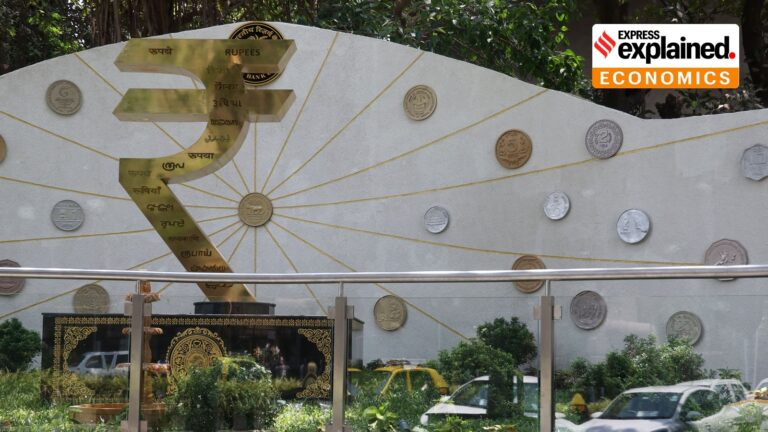At a time when India’s net foreign direct investment has seen a sharp moderation, the country’s financial landscape is in the midst of a transformation. Over the last 24 months, some of the world’s biggest financial institutions — from Dubai’s Emirates NBD to Japan’s Sumitomo Mitsui Banking Corporation (SMBC), Blackstone, Zurich Insurance and Abu Dhabi’s International Holding Company (IHC) — have lined up to acquire significant stakes in Indian banks, insurers and non-banking financial companies (NBFCs).
It was once a tightly protected sector, dominated by Indian promoters and conservative regulation. The sector is now witnessing a wave of global money flow. The latest in the series came on Friday, with Blackstone announcing the acquisition of a 9.99 per cent stake in Kerala-based Federal Bank.
Earlier in October, Dubai-based Emirates NBD announced a $3 billion acquisition of a 60 per cent stake in RBL Bank, making it one of the largest foreign takeovers in India’s financial sector. Just prior to this, Japan’s SMBC acquired about 25 per cent in Yes Bank, investing over $1.6 billion, and Zurich Insurance bought a 70 per cent majority stake in Kotak General Insurance for $670 million. Abu Dhabi’s International Holding Company also entered the fray with a nearly $1 billion investment in Sammaan Capital (formerly Indiabulls Housing), an NBFC.
Blackstone Inc, the world’s largest alternative asset manager, has acquired a minority stake of 9.99 per cent in Federal Bank Ltd for Rs 6,196 crore while Bain Capital will be investing Rs 4,385 crore to acquire an 18.0 per cent stake on a fully diluted basis via preferential allotment of equity & warrants in Manappuram Finance.
The Reserve Bank of India gave Canada-based Fairfax special approval to hold a majority stake in CSB Bank for five years, deviating from the normal 40 per cent foreign ownership cap, considering it a strategic revival investment.
While each of these deals is significant on its own, they signal something larger, like a global relook of India’s financial sector and growth potential. The sector was once considered as over-regulated and fragmented, but now it’s emerging as one of the world’s fastest-growing and most interesting destinations for long-term investment in financial services. The regulator RBI has also taken a positive, but cautious, stance in allowing the entry of global entities.
According to McKinsey & Company, the banking industry is the largest sector in India by net income, generating $46 billion in 2024, with a 31 per cent YoY growth. Higher profitability is observed compared with the global average, with ample liquidity, strong capital levels and reduced credit risk.
Story continues below this ad
India’s revenue growth is expected to be healthy in both retail and wholesale banking as financial penetration deepens. “Despite strong performance, the banking sector is valued lower among…
Read More: Why global financial giants are rushing to buy Indian banks, and what’s at




